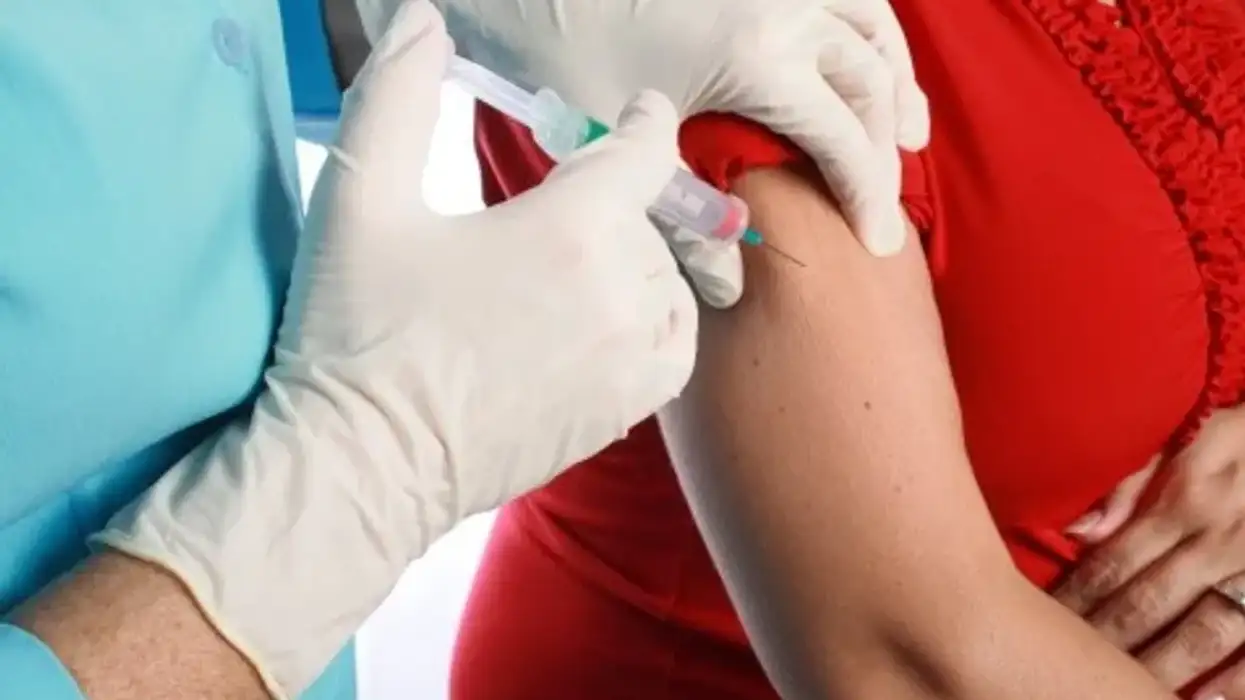Key Summary
- Wolverhampton urges the public to return unused antibiotics to curb resistance
- Improper storage or disposal increases bacterial resistance and environmental risk
- Officials warn rising resistance could make common illnesses and surgeries unsafe
The city council of Wolverhampton has advised the public to return unused antibiotics to fight rising antibiotic resistance to local pharmacies.
The campaign is in connection with World Antimicrobial Awareness Week, being held from November 18 to 24.
As per the latest UK Health Security Agency (UKHSA) data, one in five (20.82 per cent) serious infections in West Midlands last year were antibiotic-resistant.
Also concerning was the increase in consumption of antibiotics in secondary care in the region, with a rise of 8.5 per cent from 2023 to 2024.
The council said storing them away and using them at a later date risked making some bacteria more resistant to antibiotics.
"We need everyone to do their bit in the fight to keep antibiotics working – whether they are patients, the public, or healthcare professionals," said councillor Obaida Ahmed, the City of Wolverhampton Council's Cabinet Member for Health, Wellbeing and Community.
If they are thrown in a bin or down the sink, they could end up in the environment and contribute to antimicrobial resistance.
Patients failing to complete the prescribed course of antibiotics is a cause of resistance as well.
Obaida Ahmed added, “It’s also important to remember that antibiotics must be used responsibly – you should only take them when advised to do so by a healthcare professional, and please complete the full course of any prescription you are given."
The council warned that if antibiotic resistance continues to grow, common ailments could become life threatening and routine surgeries would be riskier.
Sarah Smith, a UKHSA consultant in the West Midlands, has said they are working with healthcare partners across the region to ensure antibiotics are used only when they are absolutely necessary.
"It is also important to take up the vaccinations you are eligible for, to help stop infections in the first place. By working together, we can reverse this upward trend," she added.
The councillor wants the residents to follow this practice not just during World Antimicrobial Awareness Week, but throughout the year.













